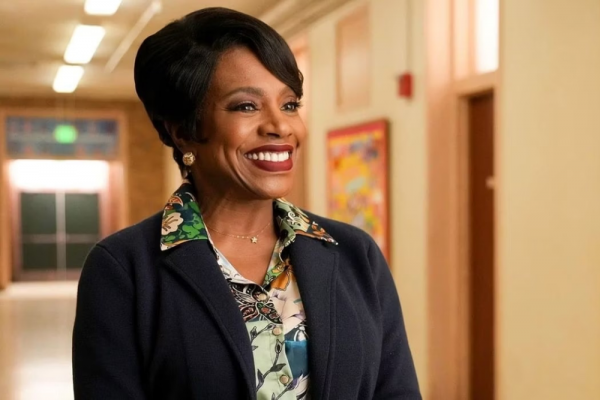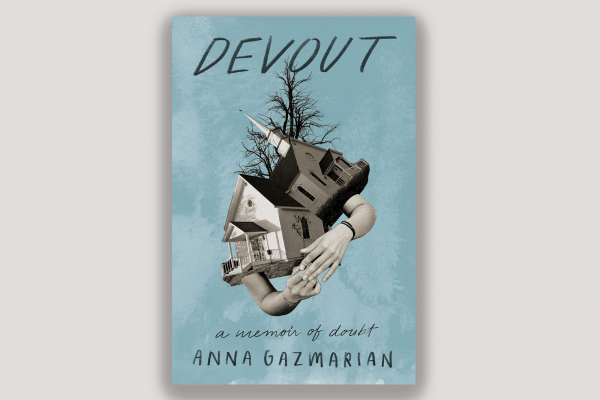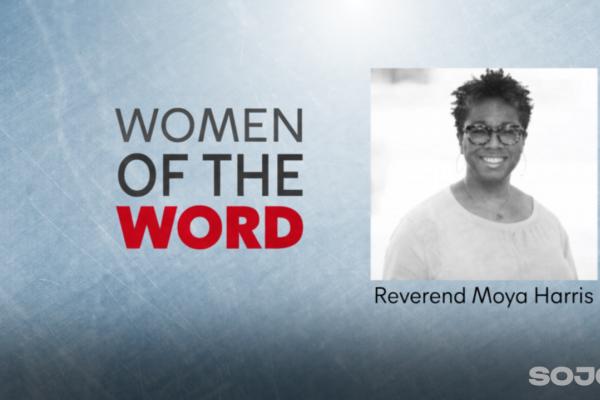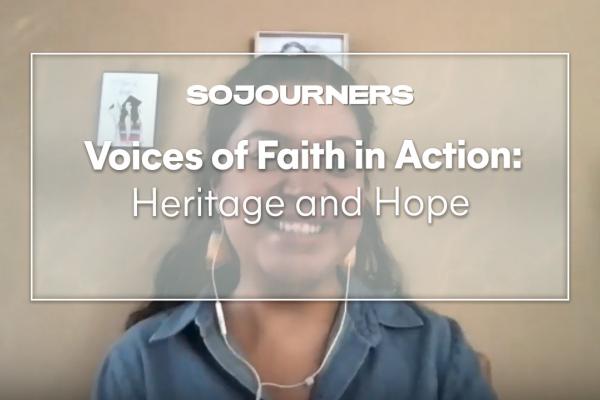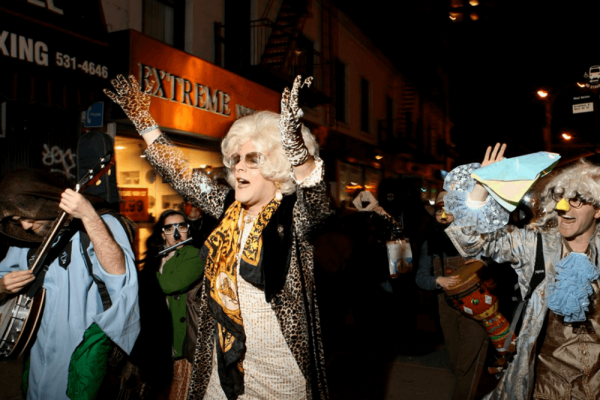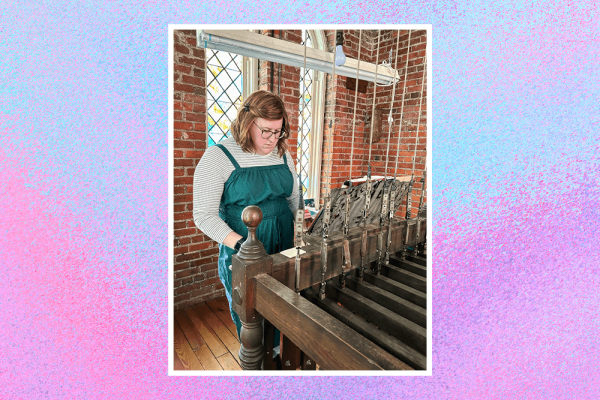Many of us who are in and have grown up in Black church spaces know a Barbara Howard. In fact, some of us may be a Barbara Howard. She’s the cool church aunt or church lady. She’s saved, sanctified, and Holy Ghost-filled, but she can still connect to the young people. She’ll pray heaven down for you, but she’s also not afraid to get on the dance floor every now and then. She knows her scriptures, but she won’t beat you over the head with them. She’s one of the older members of the church, but she’s not set in her ways. In ABC’s workplace comedy Abbott Elementary, Barbara Howard (Sheryl Lee Ralph) provides one example of what it looks like for Black Christian women to live out their faith in their everyday lives.
Barbara’s faith is especially pertinent to season three of the Emmy-winning schoolhouse sitcom. Episode 5, “Breakup,” reveals the complex relationship that Black women and other marginalized groups have with religious institutions. Churches can be harmful places for those who refuse to maintain the status quo and conform to the norm. In the episode, Barbara’s church choir has to rehearse at Abbott because of mold in their building. While principal Ava Coleman (Janelle James) watches, she notices that Barbara is passed over for a solo to Mary Mary’s “Shackles (Praise You),” not because she can’t sing but because the other church women are judging her. When Ava inquires, Barbara responds, “I’m too modern for them. I’m not Christian enough for them.”
The other church choir members push Barbara to the margins of the group because she has multiple ear piercings, bright lipstick, date nights and cruises, and friendships with “some of Abbott’s more colorful teachers” — which I take to mean LGBTQ+ teachers. For other Black women in church spaces, being “too modern” and “not Christian enough” can look like embracing one’s identity in the full spectrum of gender and sexuality, becoming pregnant outside of marriage, fighting for the rights of gender-expansive people, and more. While some have left these harmful church spaces, possible sites of religious and spiritual trauma, others, like Barbara have stayed. Many Black Christian women have remained in church spaces that haven’t always loved our full selves.
When Ava asks Barbara why she stays in the choir despite their treatment of her, Barbara responds, “Because when I’m singing that’s when I feel closest to God.” She goes on to explain that she stays because her participation in the church reflects her faith; going to church keeps her connected to God. Hearing “Shackles” on the radio, Barbara tells Ava, brought her back to church after a period of not attending that led her to question her faith. And yet, the church choir is not a space that is wholly life-giving and affirming for her. When our religious institutions fail to support us in the ways that we need, sometimes we must seek community, and even Spirit, elsewhere: at brunch, in the book club, at the nightclub, at the yoga or dance class, and even at our place of employment. We may go to these places alongside our churches or in place of our churches. Abbott supports Barbara in a way that her church choir fails to do. Ava listens to Barbara and sets up a recital so that Barbara can sing “Shackles,” not just a song to her but her testimony. For Barbara, and many millennial and Generation Z Black Christian women today, the real work of the Spirit and of community is found outside the four walls of the church.
Abbott Elementary also shows the kinds of pressures that Black Christian women can face as we strive to live out our faith. In episode 12, “Mother’s Day,” we learn that Barbara’s mother died a few years ago. She pushes aside the grief she feels over that loss as she works to host the perfect Mother’s Day gathering. She must be the perfect hostess, greeting and caring for all her guests, including a baby. She must be the perfect cook. She must pray the perfect prayer — the “strong Black woman.” And while she seems to be strong and resilient on the outside, a painting hanging on the wall of her house gives us a glimpse into Barbara’s interior. The painting, “Blue Monday” by Annie Lee, depicts a Black woman sitting on the edge of her bed, struggling to get up for work on a Monday morning. Like the woman in the painting, Barbara is tired and overwhelmed.
A conversation with her daughter Taylor (Iyana Halley) and her co-worker Melissa Schemmenti (Lisa Ann Walter) helps Barbara realize that she is not OK. She shares with the camera, “Sometimes we can put an immense amount of pressure on ourselves to host the perfect gathering, to feel a certain way. And quite frankly, sometimes it’s just overwhelming.” Like Barbara, Black Christian women must be willing to acknowledge when we’re not OK.
Barbara is not perfect. No one is. But like many Black Christian women today, she is growing and learning. We’re defining our faith on our own terms and living out our spirituality in ways that are authentic to us, even if that challenges religious norms. We’re learning what it means to care for others and allowing ourselves to be cared for, acknowledging when we’re not OK. Barbara Howard is all of us doing our best to love God and love the people around us.
Got something to say about what you're reading? We value your feedback!
